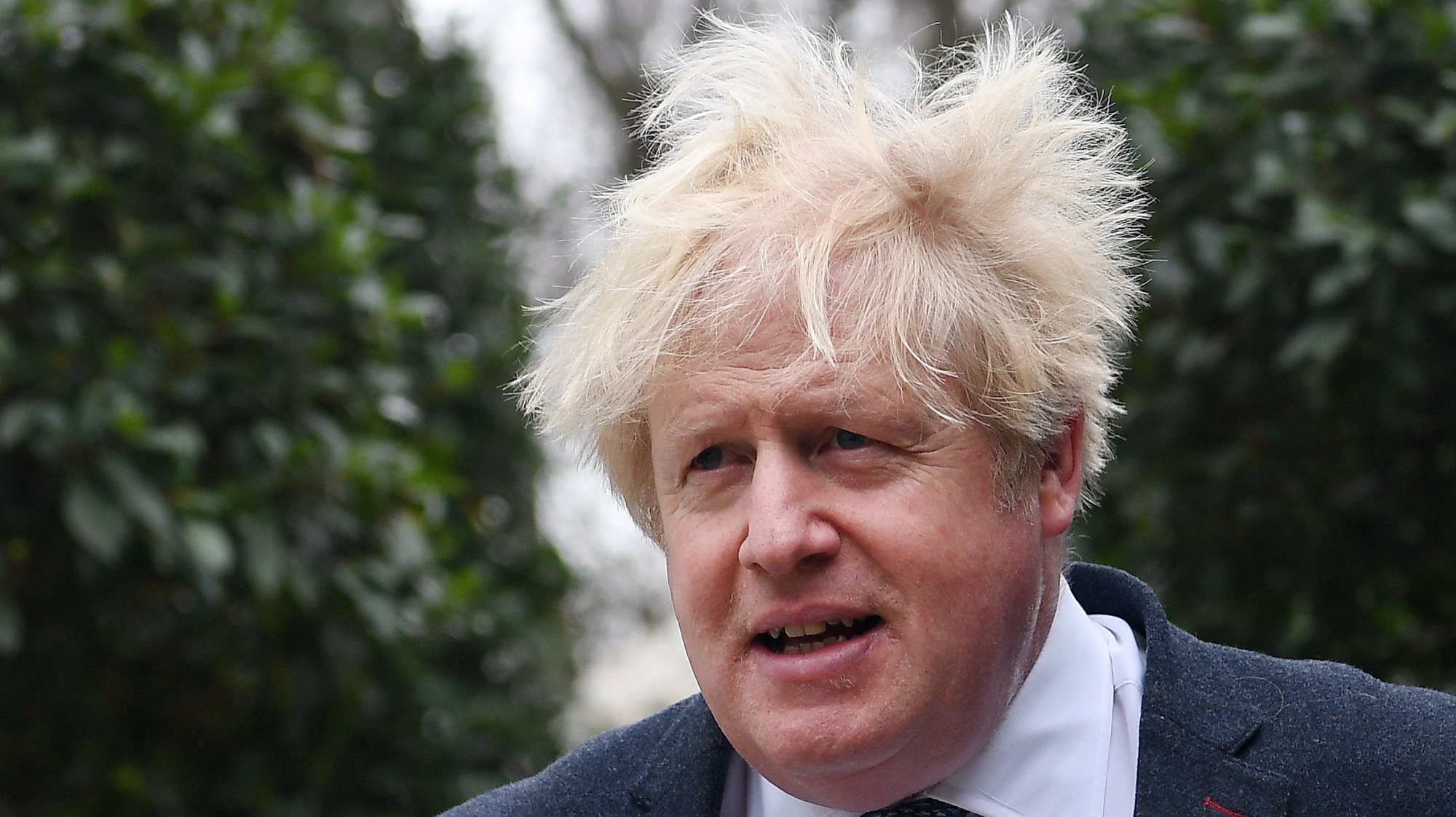The former prime minister will be questioned on Wednesday. If the commission finds Johnson guilty, it could ask for a suspension of parliament, a measure that must be voted on by the House of Commons.
Former British Prime Minister Boris Johnson denied on Tuesday having intentionally lied in Parliament about holding parties at the official residence during the Covid-19 pandemic, in a document submitted to the ongoing parliamentary inquiry.
“I have not intentionally or inadvertently misled the House of Commons (lower house of parliament) on December 1, 2021, December 8, 2021 or any other date. I would never dream of doing it,” said Boris Johnson, quoted in the document released on Tuesday.
In testimony, Johnson admits that the camera may have been misled by his statements, assuringhowever, that the rules and guidelines were fully followed and that their statements were made “in good faith.”
The 52-page document is written defense testimony before the Privileges Commission, which will question the former prime minister in person on Wednesday.
At issue are several “parties” held at 10 Downing Street, the office building and official residence of the British Prime Minister, between 2020 and 2021, which violated the restrictions imposed at the time by the Covid-19 pandemic, scandal that became known as “Partygate”.
Boris Johnson encouraged Downing Street’s weekly parties during lockdowns
british police imposed a total of 126 fines for violating the restrictions of the Covid-19 pandemic in government buildings, including Johnson, his wife Carrie, and his successor Rishi Sunak, then Finance Minister.
In his argument, Johnson complains about the “highly biased” tone of one of the reports produced by the parliamentary commission, and affirms that in the material published so far it is clear that “there is no evidence to support an accusation” that “intentionally or inadvertently” misled the House of Commons.
“The only exception are the claims by the discredited Dominic Cummings, which are not supported by any documentation,” Boris Johnson said, referring to his former adviser, who claims to have a “grudge” against the former boss.
The Committee on Parliamentary Privileges wrote in the document that “The evidence strongly suggests that the rule violations would have been obvious to Johnson. at the time these illegal gatherings were taking place.”
In the testimony, Johnson states that it is “important to understand the context in which people have been working at number 10 (Downing Street) throughout the pandemic”, with long and intense working hours.
In the defense brief, he also states that he still does not understand why he was fined by the police for participating in an act celebrating the anniversary.
“The police never gave me any reason, in particular, How is it that some people who attended were not fined?, he added.
Regarding a party in the garden where food and alcohol were consumed, the former British Prime Minister argued that it was “a socially distanced outdoor meeting, to stimulate the morale of the staff and team work after what had been a very long period difficult”.
“In my opinion, an opportunity to thank staff and boost morale was essential for business purposes,” he stressed. The parliamentary inquiry into whether the former prime minister lied in parliament could result in his suspension and loss of office.
The Privileges Committee is made up of seven MPs, the majority from the Conservative Party (Johnson’s party force), although it is chaired by Labor MP Harriet Harman.
The former prime minister will be questioned on Wednesday from 2:00 p.m. and for up to four hours.
If the commission finds Boris Johnson guiltymay request the suspension of parliament, a measure that must be voted on by the House of Commons.
If a 10-day plenary suspension is passed, the legislation opens the possibility for the MP to be removed by a petition to force resignation signed by 10% of registered voters in the Uxbridge constituency.
The unfortunate has been subject to several attempts at disavowment by Johnson allies, such as former Chancellor of the Exchequer Jacob Rees-Mog to call the “pseudotribunal” (‘Kangaroo court’) and Lord Stephen Greenhalgh to appeal the process of ” Witch hunt”.
Source: Observadora
